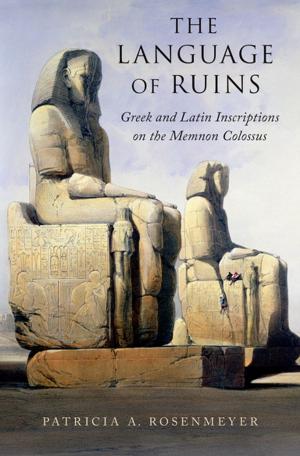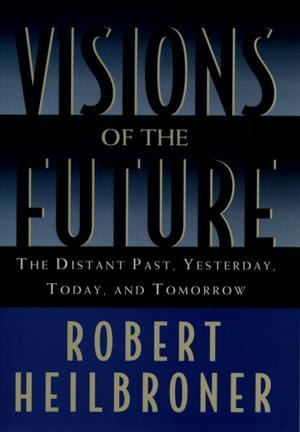The Oxford Handbook of Civil Society
Nonfiction, Social & Cultural Studies, Political Science, Government, Civics, Politics, History & Theory| Author: | ISBN: | 9780190208813 | |
| Publisher: | Oxford University Press | Publication: | August 29, 2011 |
| Imprint: | Oxford University Press | Language: | English |
| Author: | |
| ISBN: | 9780190208813 |
| Publisher: | Oxford University Press |
| Publication: | August 29, 2011 |
| Imprint: | Oxford University Press |
| Language: | English |
In the past two decades, '"civil society" has become a central organizing concept in the social sciences. Occupying the middle ground between the state and private life, the civil sphere encompasses everything from associations to protests to church groups to nongovernmental organizations. Interest in the topic exploded with the decline of statism in the 1980s and 1990s, and many of our current debates about politics and social policy are informed by the renewed focus on civil society. Michael Edwards, author of the most authoritative single-authored book on civil society, serves as the editor for The Oxford Handbook of Civil Society. Broadly speaking, the book views the topic through three prisms: as a part of society (voluntary associations), as a kind of society (marked out by certain social norms), and as a space for citizen action and engagement (the public square or sphere). It does not focus solely on the West (a failing of much of the literature to date), but looks at civil society in both the developed and developing worlds. Throughout, it merges theory, practice, and empirical research. In sum, The Oxford Handbook on Civil Society will be the definitive work on the topic.
In the past two decades, '"civil society" has become a central organizing concept in the social sciences. Occupying the middle ground between the state and private life, the civil sphere encompasses everything from associations to protests to church groups to nongovernmental organizations. Interest in the topic exploded with the decline of statism in the 1980s and 1990s, and many of our current debates about politics and social policy are informed by the renewed focus on civil society. Michael Edwards, author of the most authoritative single-authored book on civil society, serves as the editor for The Oxford Handbook of Civil Society. Broadly speaking, the book views the topic through three prisms: as a part of society (voluntary associations), as a kind of society (marked out by certain social norms), and as a space for citizen action and engagement (the public square or sphere). It does not focus solely on the West (a failing of much of the literature to date), but looks at civil society in both the developed and developing worlds. Throughout, it merges theory, practice, and empirical research. In sum, The Oxford Handbook on Civil Society will be the definitive work on the topic.















